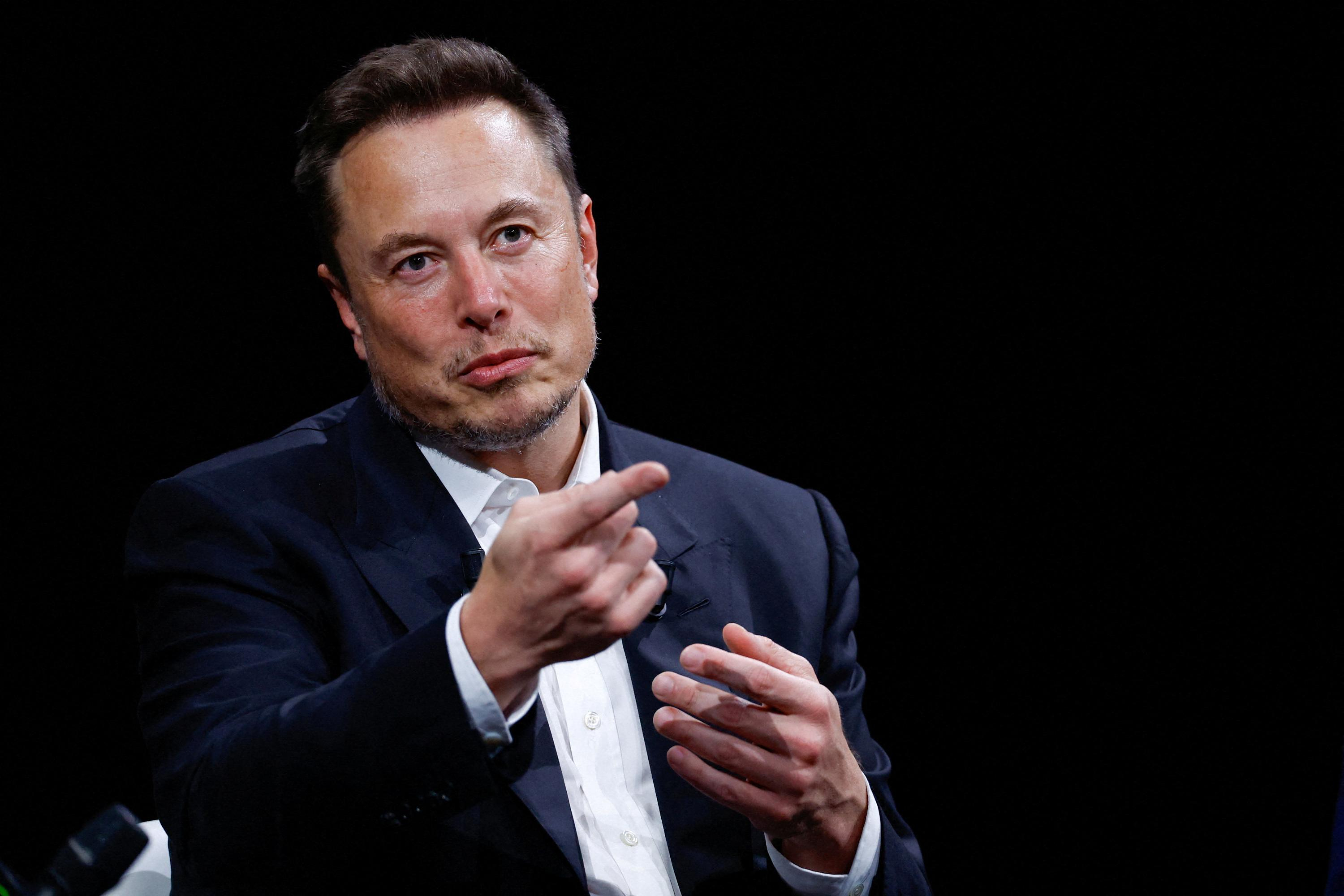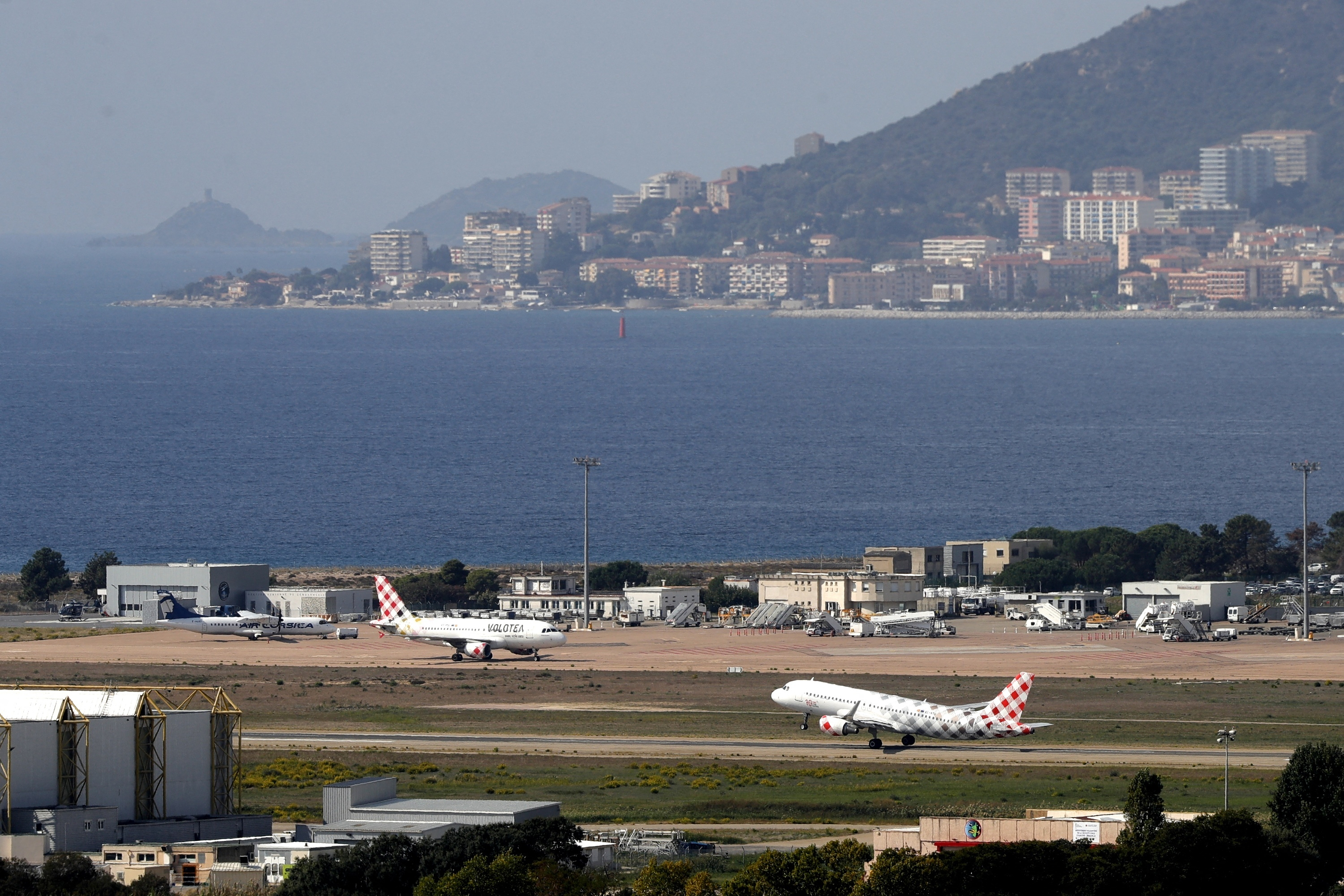From the point of view of Federal Finance Minister Christian Lindner (FDP), it is not the income that is the problem in Germany, but the expenditure. "This state has a cost problem," he told WELT AM SONNTAG. This must be discussed again in principle within the traffic light coalition before the key figures for the 2024 federal budget are laid down.
If the Greens have their way, it will be clear where the state can and should be relieved quickly: with climate-damaging subsidies. In the coalition agreement from 2021, the traffic light coalition partners agreed that they want to “reduce unnecessary, ineffective and environmentally and climate-damaging subsidies and expenditure in the budget”. Implementation has been a long time coming since then.
Economists see it as urgent that the representatives of the SPD, Greens and FDP make the list of tax breaks when reviewing the expenditure for the federal budget for 2024 and the following years.
"Climate-damaging subsidies put a strain on the state budget and delay the transformation to a climate-neutral economy," says Monika Schnitzer, chairwoman of the German Council of Economic Experts. "Therefore, it makes sense to think of them first and foremost in terms of economical household management when it comes to reducing expenses," says the so-called economy.
From Schnitzer’s point of view, there is no lack of starting points: “Specifically, the abolition of tax breaks for kerosene and for international flights, the tax break for diesel and the tax break for privately used company cars compared to private cars should be considered.”
The Council of Experts is also critical of the distance allowance from a climate perspective. It's a substantial amount. All in all, Schnitzer's proposals will result in savings of around 30 billion euros per year.
Whoever asks Michael Hüther, Director of the German Economic Institute (IW), about climate-damaging subsidies that can be quickly dismantled will get very similar suggestions. "One subsidy that can be phased out fairly quickly would be the tax exemption on fuel in domestic aviation," he says.
The fact that no tax is generally levied on kerosene is problematic from a climate protection perspective. The VAT exemption for international flights also harbors great savings potential, but an international regulation would have to be found for this, says Hüther.
In Germany, only the flight route over German territory could be taxed. According to Hüther, the tax privileges for smaller airports could also be easily removed.
According to Hüther's ideas, it will also be more expensive for certain groups of drivers. "The tax concession for diesel fuel also needs to be reconsidered," he says. The same applies to the preferential treatment for natural gas-powered vehicles. The savings measures he mentioned add up to 21 billion euros a year.
The difference to Schnitzer's 30 billion euros can be explained by the fact that the commuter allowance and the so-called company car privilege are missing from Hüther's cross-off list.
Both economists agree that simply removing climate-damaging subsidies will not do the trick. "One could cut back on social benefits and rethink a few things," says Hüther from the employer-friendly IW.
The “retirement at 63” stands in the way of the problem of the shortage of skilled workers. By freezing the pension at 63, the burden is estimated to fall by two billion euros. "The same applies to the mother's pension, which could be stopped and thus secure more than twelve billion euros for the tax authorities," says Hüther.
From Schnitzer's point of view, the mother's pension is a subsidy that could quickly create additional budgetary leeway. "In order to achieve a rapid reduction in expenditure, one could, for example, think about limiting future increases in mothers' pensions," says Schnitzer.
Depending on the level of the limit, amounts in the low double-digit billion range could also be saved here, according to their calculations. Other tax breaks that would have lost their justification after the end of the pandemic are those for gastronomy and hotels, which would add up to around four billion euros.
Of course, the Chair of the Economic Wise Men knows how difficult it is for politicians to take away the payments and benefits that people, and thus potential voters, have come to love. "How quickly the individual benefits can be reduced is primarily a question of finding a political consensus," says Schnitzer.
No sooner had Green Party leader Katharina Dröge mentioned the reform of the commuter allowance as a savings opportunity at the beginning of the week than FDP General Secretary Bijan Djir-Sarai objected. Abolishing the commuter allowance is a tax increase for the hard-working middle of the country.
Federal Audit Office President Kay Scheller recently brought a pragmatic prank approach into play. "Since significant political and social resistance from interest groups can be expected in the event of cuts or deletions in each individual case, a blanket cut or degressive design of all subsidies should also be considered," Scheller wrote in early March in a statement on the preparation of the key figures for the federal budget the year 2024.
"Everything on shares" is the daily stock exchange shot from the WELT business editorial team. Every morning from 5 a.m. with the financial journalists from WELT. For stock market experts and beginners. Subscribe to the podcast on Spotify, Apple Podcast, Amazon Music and Deezer. Or directly via RSS feed.

 His body naturally produces alcohol, he is acquitted after a drunk driving conviction
His body naturally produces alcohol, he is acquitted after a drunk driving conviction Who is David Pecker, the first key witness in Donald Trump's trial?
Who is David Pecker, the first key witness in Donald Trump's trial? What does the law on the expulsion of migrants to Rwanda adopted by the British Parliament contain?
What does the law on the expulsion of migrants to Rwanda adopted by the British Parliament contain? The shadow of Chinese espionage hangs over Westminster
The shadow of Chinese espionage hangs over Westminster What High Blood Pressure Does to Your Body (And Why It Should Be Treated)
What High Blood Pressure Does to Your Body (And Why It Should Be Treated) Vaccination in France has progressed in 2023, rejoices Public Health France
Vaccination in France has progressed in 2023, rejoices Public Health France Food additives suspected of promoting cardiovascular diseases
Food additives suspected of promoting cardiovascular diseases “Even morphine doesn’t work”: Léane, 17, victim of the adverse effects of an antibiotic
“Even morphine doesn’t work”: Léane, 17, victim of the adverse effects of an antibiotic Collection of booklet A stalls in March
Collection of booklet A stalls in March Kering expects a 40 to 45% drop in operating profit in the first half
Kering expects a 40 to 45% drop in operating profit in the first half Smartphones, televisions, household appliances… MEPs adopt a “right to repair”
Smartphones, televisions, household appliances… MEPs adopt a “right to repair” Fintechs increasingly focused on business services
Fintechs increasingly focused on business services The standoff between the organizers of Vieilles Charrues and the elected officials of Carhaix threatens the festival
The standoff between the organizers of Vieilles Charrues and the elected officials of Carhaix threatens the festival Strasbourg inaugurates a year of celebrations and debates as World Book Capital
Strasbourg inaugurates a year of celebrations and debates as World Book Capital Kendji Girac is “out of the woods” after his gunshot wound to the chest
Kendji Girac is “out of the woods” after his gunshot wound to the chest The Court of Auditors scrutinizes the management and projects of the Center Pompidou
The Court of Auditors scrutinizes the management and projects of the Center Pompidou Skoda Kodiaq 2024: a 'beast' plug-in hybrid SUV
Skoda Kodiaq 2024: a 'beast' plug-in hybrid SUV Tesla launches a new Model Y with 600 km of autonomy at a "more accessible price"
Tesla launches a new Model Y with 600 km of autonomy at a "more accessible price" The 10 best-selling cars in March 2024 in Spain: sales fall due to Easter
The 10 best-selling cars in March 2024 in Spain: sales fall due to Easter A private jet company buys more than 100 flying cars
A private jet company buys more than 100 flying cars This is how housing prices have changed in Spain in the last decade
This is how housing prices have changed in Spain in the last decade The home mortgage firm drops 10% in January and interest soars to 3.46%
The home mortgage firm drops 10% in January and interest soars to 3.46% The jewel of the Rocío de Nagüeles urbanization: a dream villa in Marbella
The jewel of the Rocío de Nagüeles urbanization: a dream villa in Marbella Rental prices grow by 7.3% in February: where does it go up and where does it go down?
Rental prices grow by 7.3% in February: where does it go up and where does it go down? Europeans: “All those who claim that we don’t need Europe are liars”, criticizes Bayrou
Europeans: “All those who claim that we don’t need Europe are liars”, criticizes Bayrou With the promise of a “real burst of authority”, Gabriel Attal provokes the ire of the opposition
With the promise of a “real burst of authority”, Gabriel Attal provokes the ire of the opposition Europeans: the schedule of debates to follow between now and June 9
Europeans: the schedule of debates to follow between now and June 9 Europeans: “In France, there is a left and there is a right,” assures Bellamy
Europeans: “In France, there is a left and there is a right,” assures Bellamy These French cities that will boycott the World Cup in Qatar
These French cities that will boycott the World Cup in Qatar Football: VAFC supporters are ironic after their descent into National
Football: VAFC supporters are ironic after their descent into National Tennis: Carlos Alcaraz should play in Madrid
Tennis: Carlos Alcaraz should play in Madrid Football: victim of discomfort in the middle of a match in mid-April, Evan Ndicka will resume training with AS Roma
Football: victim of discomfort in the middle of a match in mid-April, Evan Ndicka will resume training with AS Roma Ligue 1: PSG almost champion, OM, shock for the C1… 5 reasons to follow an exciting evening
Ligue 1: PSG almost champion, OM, shock for the C1… 5 reasons to follow an exciting evening


















